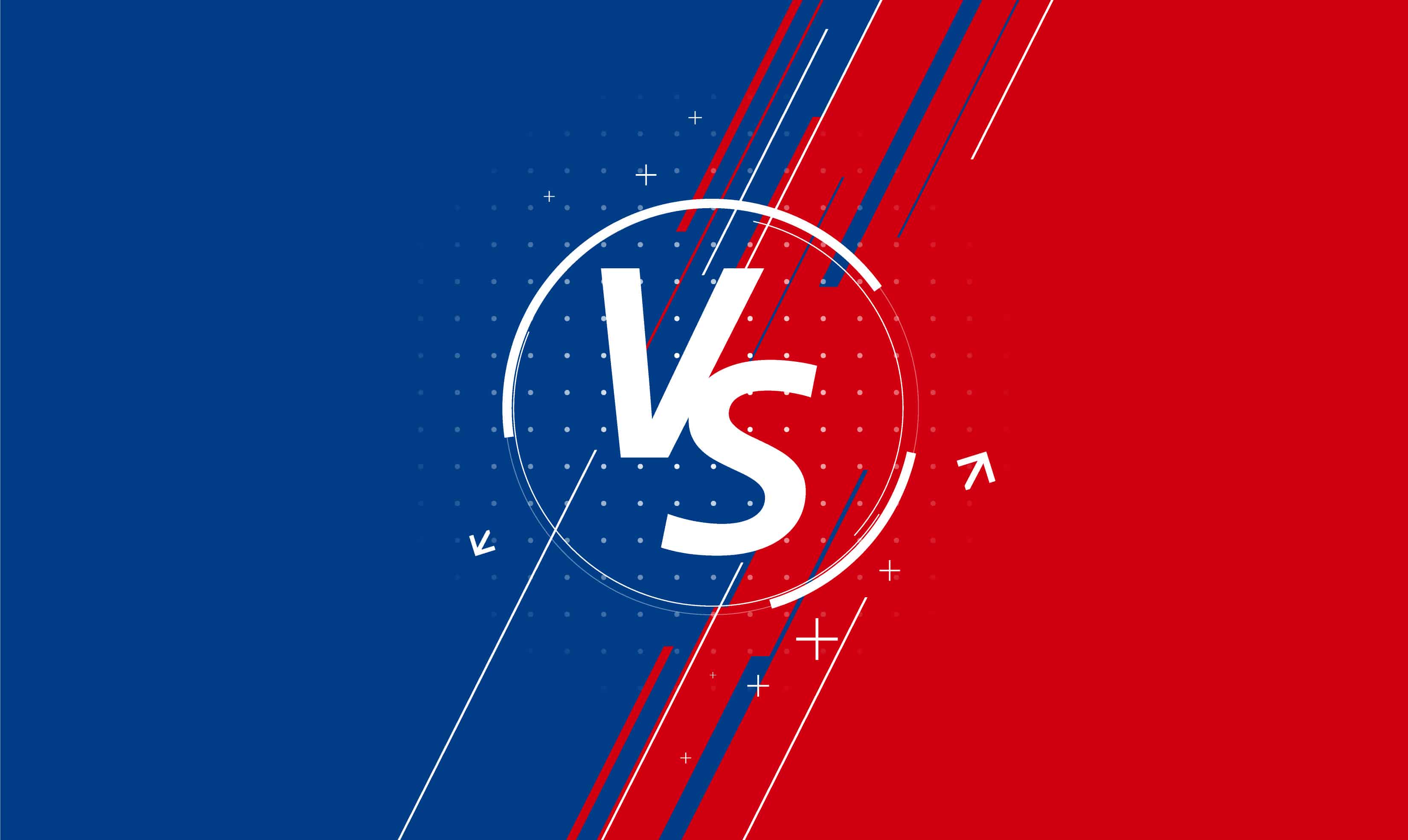- Introduction
- What is C?
- Features of C
- What is C++?
- Features of C++
- Difference Between C and C++
- Similarity Between C and C++
- Example Program of C and C++
- Conclusion
- FAQ
Introduction
C vs C++ is a popular blog topic among developers. C and C++ are programming languages that can be used for developing applications such as game development, GUI applications, operating system, databases, etc. The C programming language is known as the God of programming languages, whereas C++ is an extended version of C. They have given so much to the programmers that picking one of them over the other will be difficult!
Let’s learn more about C vs C++ and also about their features, examples, etc.
What is C?
C is a structural or procedural programming language that was developed by Computer Scientist Dennis Ritchie in 1972 at Bell Laboratories. C is a basic programming language that can be used to develop an operating system such as Windows, Apple OS X to complex programs like Oracle Database, MySQL, Adobe, Python interpreter, Git, etc. Being procedural language C does not support Objects or Classes.
C has become popular because of its execution speed, simplicity, and flexibility. It became the base for many other programming languages. If a user knows C, then it is easy for them to learn all other programming languages. C is a case-sensitive language which means small letters and capital letters are treated differently.
Features of C Language
- Procedural or Structural Language: Every program follows a particular flow to run the code, and here C is a procedural programming language, which means it breaks the code into smaller modules in order to minimize the complexity of the program.
- Dynamic Memory Allocation: C allows dynamic memory allocation, which means the memory can be allocated during run time. It helps programmers as they are not aware beforehand of the space or memory required while running the code.
- Simple and Portable: C is the preferred language for beginners as it forms the base for many other programming languages. It is simple and easy to understand. C is also a machine-independent language, which means you can write the code on one platform and run them on a different platform for modification or updates.
- Rich in Library: C provides lots of built-in functions or user-defined functions that help programmers to run simple and better code easily. C contains a large set of libraries that can be used as per the requirements.
- Speed: Apart from its simplicity and portability, C also has a faster execution speed as compared to other programming languages such as Java Development Services and Python.
What is C++?
C++ was also known as “C with Classes,” which is a general-purpose, object-oriented programming language. Bjarne Stroustrup developed this language in 1979. It is a multi-paradigm programming language as it supports both procedural and object-oriented programming languages. C++ has the property of the C programming language along with the classes and objects for user-defined data types. C++ is used with graphics applications, operating systems, smartwatches, game development, cloud distributed system, compilers, etc.
Today, C++ has been used by top tech giants companies such as Google, Meta, Amazon, and many more. Now, it is not only an extension of the C programming language, but with a modern update and high performance, it has become a popular and in-demand programming language.
Looking to improve your C++ programming skills? Check out these free C++ courses! Taught by experienced developers, these courses cover everything from basic syntax to advanced topics like object-oriented programming and memory management.
Features of C++ Language
- Object-Oriented Language (OOPs): C++ is an object-oriented language that means it has properties like classes, objects, polymorphism, inheritance, encapsulation, abstraction, data hiding, etc. The OOPs help in solving problems effectively, prevent data redundancy and ensure the flexibility of the code.
- Compiler Based: C++ is a compiler-based programming language, which means C++ programs need to be compiled, and their executable files are used to run; that’s why it is faster than Java and Python.
- Dynamic Memory Allocation: In C++, memory can be allocated dynamically, i.e., during run time. Most of the times programmer is not aware of how much memory would be required to store the particular information in the defined variable, so in this case, the size of required memory can be defined at run time.
- Fast and Powerful: Being a compiler-based language, C++ executes the codes faster. Also, it contains many built-in functions, data types, etc., that make C++ a powerful language and the first choice for the programmer.
- Additional Features: As C++ is an extension of the C programming language, so it contains all the features of C, such as portability, rich library, structured programming, pointer, memory management, etc.
Difference Between C and C++
| Parameter | C | C++ |
| Programming Paradigm | C is a structural or procedural programming language. | C is a structural as well as an object-oriented programming language. |
| History | C was developed by scientist Dennis Ritchie in 1972 at Bell Laboratories. | C was developed by Bjarne Stroustup in 1979. |
| Approach | C follows a top-down approach | C follows the bottom-up approach. |
| Keywords | C contains 32 keywords | C++ contains 63 keywords. |
| Data Types | C supports built-in data types. | C++ support both built-in and user-defined data types. |
| File Extension | .c is the file extension for C programming language | .cpp is the file extension for C++ programming language |
| Header File | <stdio.h> header file is used by C language | <iostream.h> header file is used by C++ language |
| Allocation and Deallocation of Memory | In C language, we use calloc() and malloc() for dynamic allocation of memory and free() for deallocation of memory. | In C++ language, we use a new operator for the allocation of memory and a delete operator for the deallocation of memory. |
| Access Modifier | C language does not support access modifier | C++ support access modifier |
| Security | C does not have any security features so it can be manipulated by outsider | C++ is a secure language as it offers security features such as data hiding and encapsulation |
| Reference Variable | C does not support reference variable | C++ support reference variable |
| Function Overloading and Function Overriding | C don’t supports function overloading and function overriding | C++ supports function overloading and function overriding |
| Exception Handling | C does not support exception handling directly, it uses the function that support exception handling | C++ directly support exception handling with the help of try – catch block |
| Program Division | C is a procedural language, so code written in C are divided in separate blocks known as function | C++ is a object oriented language, so code and divided into classes and objects |
| Inline Function | C doesn’t support inline function | C++ support inline function |
| Driven Type | C is known as function driven language | C is known as object driven language |
| Compatibility | Code written in C language can be run on C++ compiler as C is the foundational language | Code written in C++ language can be run on C compiler as C++ language includes OOP’s concept |
| Data and Function | In C, the data and function are separated as it is a procedural programming language | In C++, the data and function are encapsulated as it is a object oriented programming language |
| Input and Output Function | In C scanf() and printf() functions are used to take the input and output respectively | In C++ cin and cout functions are used to take the input and output respectively |
| Application Development | C language is more suitable for low level implementation such as network driver, text editor, assembler, etc | C++ language is more suitable for high level implementation such as game development, smartwatches, embedded systems, etc |
| Namespace | To prevent the collision and organize the code, namespace is needed but C does not support that | C++ support the namespace |
| Used By | MySQL, Windows Kerne, Oracle Database, Telegram messenger, etc | Google Chrome, Torque 3-D game, Microsoft Office, etc |
Similarity Between C and C++
- Both C and C++ follows similar code structure
- They both have the similar compilation
- They also follow similar coding syntax
- C++ have extended grammar but the basic grammar is same as C
- Their memory model is very close to the hardware
- The both languages have the similar notation of stack, heap and file scope variable.
- Mostly all C operators and keywords are present in C++ as well.
Example Program of C and C++
Addition of Two Integers
C
#include<stdio.h>
int main(){
int x, y, sum=0;
printf("Enter the two integers x and y: ");
scanf("%d %d", &x, &y);
// calculating sum of two integer
sum = x + y;
printf("%d + %d = %d", x, y, sum);
return 0;
}
C++
#include<iostream>
using namespace std;
void main() {
int a, b, sum=0;
cout<<"Enter the value for two integers: ";
cin>>a>>b;
// sum of two numbers in stored in variable sum
sum = a + b;
// prints the sum of two numbers
cout<<a<< " + " <<b<< " = " <<sum;
return 0;
}
Conclusion
As per the features and difference between C and C++, we can understand that it depends upon the programmer which language will be preferred to choose as per the need of the project.
C language seems to be more suitable for low-level programming applications, and it is also a foundational language for beginners, whereas C++ is an extension of C programming language with the OOP’s concept, so it is more feasible for complex applications also it is faster, secure. The demand for the C++ language shows the bright scope for the developers. Take up a Turbo C++ course that will help you upskill.
Frequently Asked Questions
C++ is an extension of C programming language, with enhanced features of OOP’s concept, so if you want to build a complex and secure project, then C++ will be preferred over C.
C is a structural or procedural programming language that was used for system applications and low-level programming applications. Whereas C++ is an object-oriented programming language having some additional features like Encapsulation, Data Hiding, Data Abstraction, Inheritance, Polymorphism, etc. This helps to make a complex project more secure and flexible.
Yes, today also, many companies and developers use the C programming language.
C++ is an extension of the C language along with Object-Oriented Programming language (OOPs) that gives the advantage of security, better performance, speed, scalability, built-in library, and many more. Due to this, C++ is preferred if someone wants to work on complex projects.









